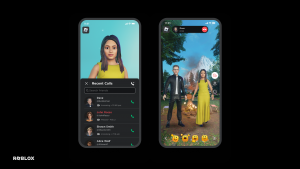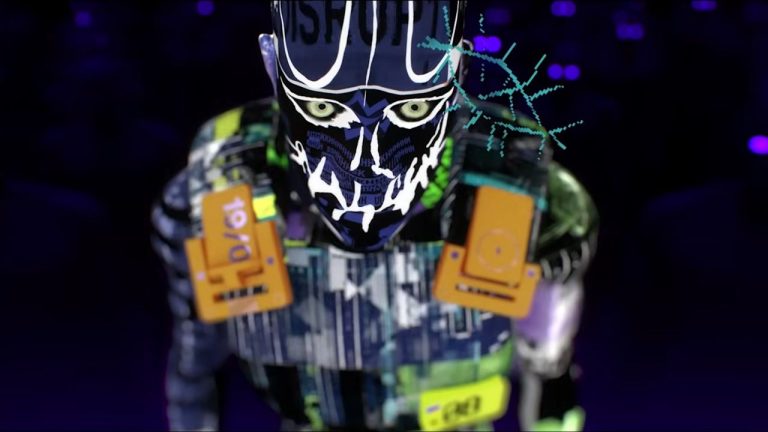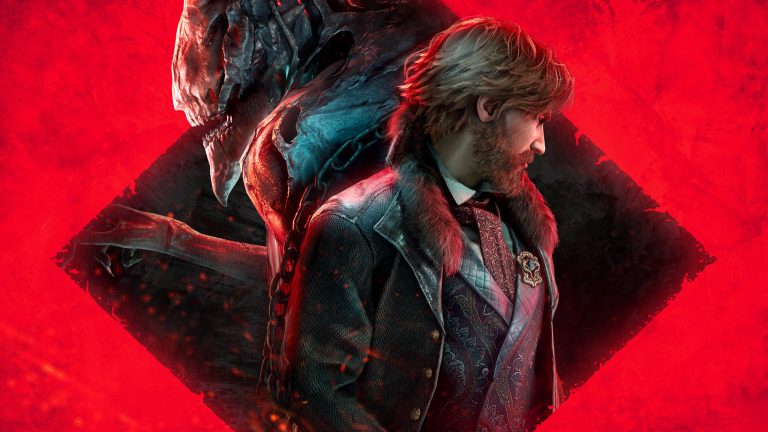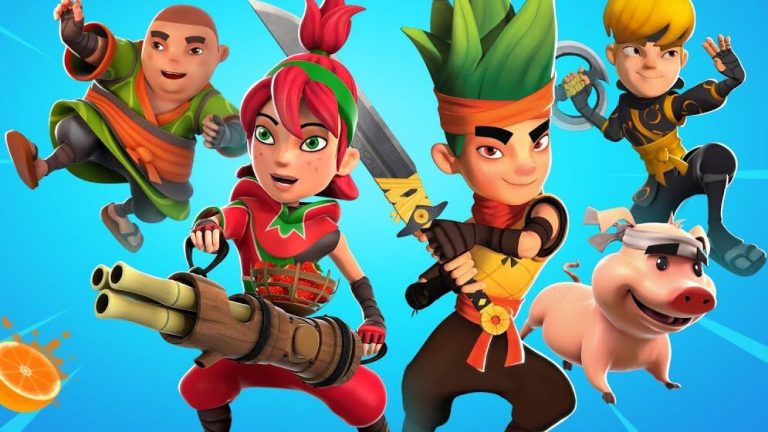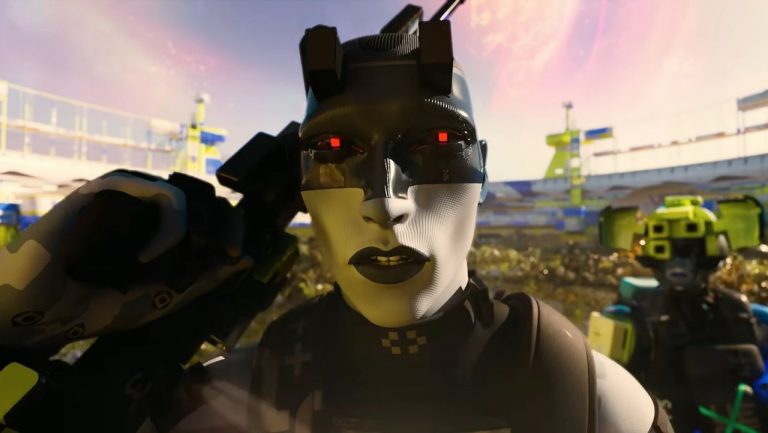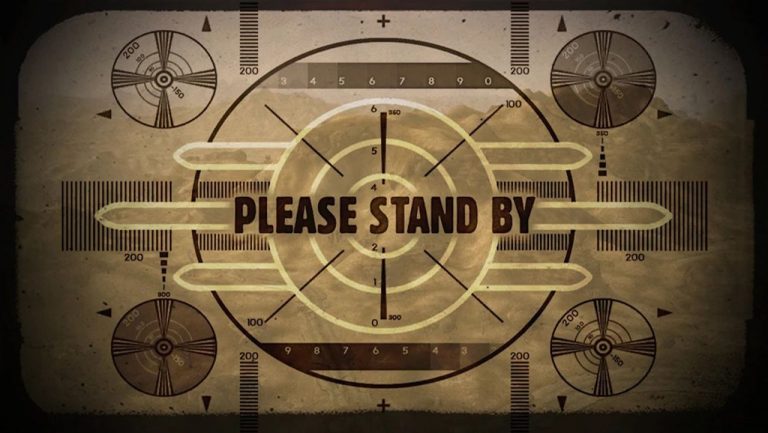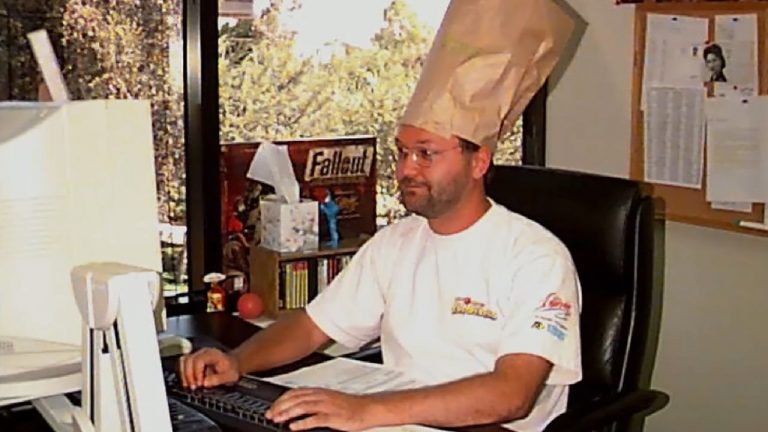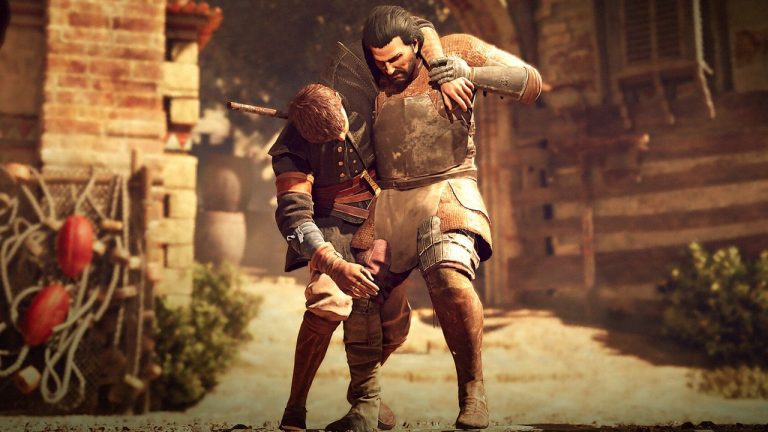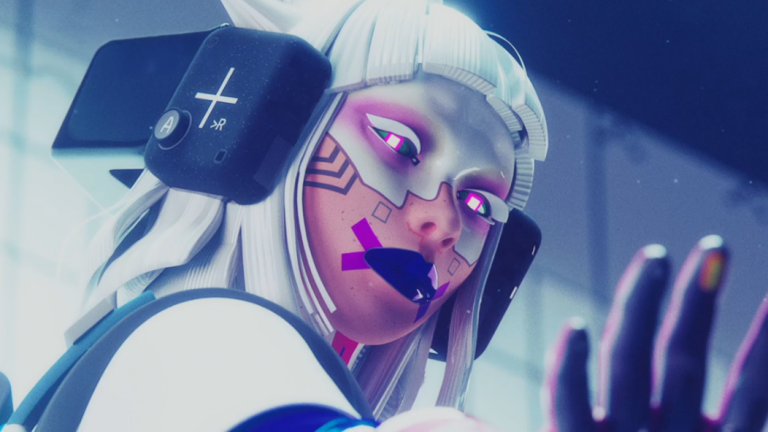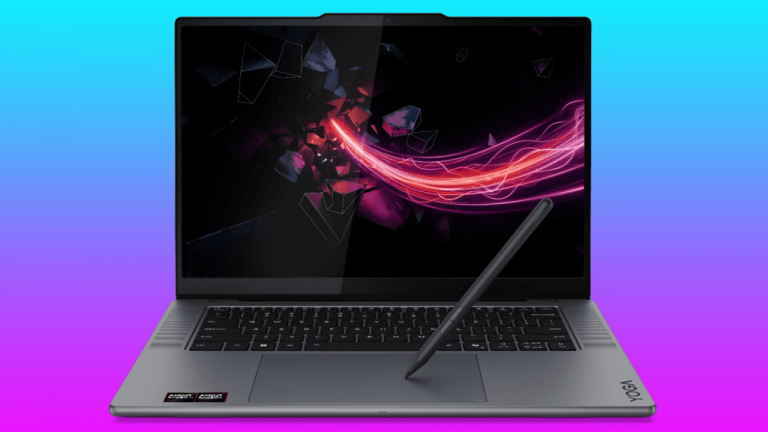Bobby Kotick is finally departing Activision Blizzard after 32 years at the helm. His reign wasn’t undone by any one incident, but the really big event was the bombshell 2021 California civil rights lawsuit, which led to employee walkouts, calls for Kotick’s resignation, and, finally, Microsoft’s acquisition of the company this year following a lengthy regulatory battle.
It wasn’t a sure thing that Kotick would get the boot once Xbox boss Phil Spencer took over, but the industry expected it. His public image as a cutthroat capitalist just isn’t compatible with Spencer’s cool Gaming Dad persona.
To a lot of gamers, Kotick is the quintessential corporate villain—the go-to name if you want to talk about soulless profit seeking at the expense of artistry and human wellbeing.
For investors, the story is different: Under Kotick, a nearly-bankrupt Activision became a $68.7 billion company, merging with Blizzard along the way. He’s been an enormously successful entrepreneur, and he’ll get even richer on his way out, with a golden parachute worth millions. (It may now be out of date, but an old SEC filing had him walking away with over $14 million.)
Here, in brief, is how Kotick became a Wall Street hero and earned the title of “most hated man in videogames.”
1990: Kotick takes over Activision, lays almost everyone off
The story begins in the early 1990s, when Kotick and a group of investors—including close personal friend casino mogul Steve Wynn—purchased a portion of Mediagenic, a nearly-bankrupt software company that had been founded by ex-Atari programmers in the ’80s as Activision.
Casino magnate Steve Wynn in 1990. (Image credit: Paul Harris/Getty Images)
What Kotick wanted was the Activision name, internal software tools, and retailer distribution network. According to a Forbes profile from 2008, after he took over as CEO in 1991, Kotick laid off all but eight of the company’s 150 employees to start fresh in Los Angeles, and made deals with the company’s creditors that turned them into investors.
That Forbes profile is a fount of Kotick anecdotes, such as that, as a small child, he sold his mother’s ashtray to a friend for $3—his first business deal—and then went on to almost obsessively come up with money-making ventures as a teenager, including “delivering sandwiches, restringing tennis rackets, selling wallets.”
Kotick later denied one claim from that article: that he doesn’t even like videogames. “People criticize me for not being passionate about the products, but I am,” he told The New York Times in 2012. (The ashtray story is also a bit specious, because what was a toddler in the 1960s doing with $3, but it makes for a great origin story.)
Mid-’90s: “Zork on a brick would sell 100,000 copies”
You can’t say that Kotick didn’t have a knack for the gaming business: By 1996, Activision had 320 employees, according to an archived report from NewMedia, and it continued growing throughout the rest of the ’90s, acquiring studios and publishing classics like MechWarrior and Tony Hawk’s Pro Skater.
A big success of those early Kotick days was Return to Zork, a graphical sequel to the text adventure series that everyone with a computer at the time had heard of. It released in 1993, just a couple years after Kotick took over, and a year later had made $2.3 million in profit, according to a Fortune Magazine article. (It also forever embedded the phrase “Want some rye? ‘Course ya do” in my head.)
“Zork on a brick would sell 100,000 copies,” Kotick told NewMedia in that 1996 report, a preview of the sort of brass tacks Kotick quotes to come—and the kind of thing that tended to give gamers the impression that the guy didn’t think much of his own products. (Sadly, the Zork phenomenon didn’t last, and ended with the underappreciated Zork: Grand Inquisitor.)
2003: The Call of Duty era begins
Jason West and Vince Zampella at the 2009 Spike TV Video Game Awards, where Call of Duty: Modern Warfare 2 won Best Shooter. (Image credit: Jeff Kravitz/FilmMagic via Getty Images)
Kotick’s original pitch to game studios was, via that Forbes profile again, that Activision would let them work independently rather than try to absorb them into “a big Death Star culture” like EA, his greatest rival.
In the early 2000s, it just so happened that the leaders of the studio behind WW2 shooter Medal of Honor: Allied Assault were unhappy with their EA contract. With funding from Activision, the developers ditched EA, established Infinity Ward in 2002, and began developing Call of Duty. The series would turn Activision from a successful videogame company into an entertainment behemoth—and lead to one of the all time greatest games industry dramas.
For a preview of what happens next, just imagine the most ironic possible turn of events—we’ll come back to Call of Duty after a quick detour to cover another classic Kotickism.
2008: “The potential to be exploited every year”
Bobby Kotick in 2008, after the Vivendi Games merger that made Activision into Activision Blizzard. (Image credit: Daniel Acker/Bloomberg via Getty Images)
One of Kotick’s most Koticky lines came in 2008 when he said on an investor call that Activision doesn’t want to publish games that “don’t have the potential to be exploited every year across every platform with clear sequel potential, that can meet our objectives of over time becoming $100 million plus franchises.”
Kotick was discussing Sierra games that the company was ditching following the enormous Vivendi Games merger that turned Activision into Activision Blizzard. For Wall Street, that deal was one of Kotick’s great accomplishments. For gamers at the time, it was Business Bobby taking over a beloved PC game studio in Blizzard—a scary event. In a 2008 Wired interview, Blizzard’s CEO at the time, Mike Morhaime, assured fans that Activision wouldn’t ruin Blizzard: “I wouldn’t really expect the fans to notice a difference,” he said.
Kotick didn’t exactly ease those fears with his comment: The word “exploited” in particular rankled a gaming public that, especially at the time, viewed the industry as increasingly saturated with sequels and annualized series, like Call of Duty. An Ars Technica post from the time paraphrased the quote: “If we can’t run a game into the ground, we don’t want it.”
Early 2010: The great Infinity Ward breakup
(Image credit: Ann Johansson/Corbis via Getty Images)
Not long after the phenomenally successful release of Call of Duty: Modern Warfare 2 in late 2009, Infinity Ward founders Vince Zampella and Jason West were escorted out of Activision headquarters by security guards, never to return. A month later, the pair founded Respawn Entertainment and inked a publishing deal with EA for Titanfall.
It was a wild turn of events: a corporate soap opera playing out in the aftermath of the biggest entertainment launch of all time.
Activision accused Zampella and West of being “insubordinate and self-serving schemers” who were fired for breaching their contract by plotting with EA to found a new studio and poach Infinity Ward employees. Zampella and West said they were wrongfully terminated and were still owed millions in bonuses and royalties.
As detailed in a 2013 Vanity Fair article, the pair’s contract with Activision allowed them to develop the Modern Warfare series “almost completely autonomously,” but included the catch that the rights to Call of Duty would go to Activision if they were fired. The duo alleged that, as soon as the contract was signed, Activision started meddling in their work and looking for reasons to fire them.
The parties settled before going to court. Kotick did not come out on top in the image department, but maintained that his actions were just good business.
“You find out two executives are planning to break their contracts, keep the money you gave them and steal 40 employees,” Kotick told The New York Times in 2012. “What do you do? You fire them.”
EA later bought Respawn, which went on to create Apex Legends and the Star Wars Jedi games. It’s still run by Zampella.
June 2010: “The most hated man in videogames”
One of a few defaced photos of Bobby Kotick with devil horns that have circulated the internet. (Image credit: )
At this point, Kotick’s image as the games industry villain was completely solidified. In a 2010 interview about his public image, Kotaku referred to the Activision Blizzard CEO as “the most hated man in videogames.”
According to Kotick in that interview, his comments to investors—such as his repeated utterance that he’s “taking the fun out of making videogames”—were being misunderstood by gamers.
“There are four to five things that I’ve said that can totally be taken out of context,” Kotick told Kotaku. “Like ‘taking the fun out of making videogames.’ I’ve used that line for a really long time with the investment community to explain that, ‘Hey, we’re mindful of our responsibility to provide a return to our investors.’ It was kind of like a joke!”
Kotick also argued that words like “exploit”—which had ruffled feathers when he used it back in 2008—are typical in the investment community.
July 2010: Tim Schafer calls Kotick a “total prick”
Tim Schafer showing off Brütal Legend at E3 2009. (Image credit: David McNew/Getty Images)
His obligation is to his shareholders. Well, he doesn’t have to be as much of a dick about it, does he?
Tim Schafer on Bobby Kotick in 2010
It wasn’t just gamers who had something to say to Kotick. After Activision Blizzard canceled Brütal Legend—one of the games it canned during the Vivendi merger—developer Double Fine found a new publishing partner in, guess who, EA. Activision Blizzard sued Double Fine, saying that it still had publishing rights for the game.
“His obligation is to his shareholders,” Double Fine founder Tim Schafer said about Kotick in a 2010 Eurogamer interview. “Well, he doesn’t have to be as much of a dick about it, does he? I think there is a way he can do it without being a total prick. It seems like it would be possible. It’s not something he’s interested in.”
Kotick fired back in an interview with Edge (cited here by Eurogamer).
“The guy comes out and says I’m a prick,” said Kotick. “I’ve never met him in my life—I’ve never had anything to do with him. I never had any involvement in the Vivendi project that they were doing, Brütal Legend, other than I was in one meeting where the guys looked at it and said, ‘He’s late, he’s missed every milestone, he’s overspent the budget and it doesn’t seem like a good game. We’re going to cancel it.’
“And do you know what? That seemed like a sensible thing to do. And it turns out, he was late, he missed every milestone, the game was not a particularly good game…”
I remember Brütal Legend being alright, but it wasn’t a commercial success, and a planned sequel was canceled. Schafer talks all about what a blow that was in this 2013 Rock Paper Shotgun interview, and how it led the company toward making smaller games and trying crowfunding.
Double Fine was ultimately acquired by Microsoft, which has technically made Schafer and Kotick coworkers, very briefly. I doubt they’ve had any Slack DMs, but who knows?
2011: Moneyball
It sounds like a joke, but after all this, Kotick played the penny-pinching co-owner of the Oakland Athletics in a scene with Brad Pitt in 2011 baseball movie Moneyball. Honestly, he does a decent job.
2012: Bobby’s dating life
Kotick told The New York Times that he does in fact like videogames, and plays Skylanders with his daughter. (Image credit: Kirk McKoy/Los Angeles Times via Getty Images)
Think about what it’s like for my dating life when the first picture that comes up is me as the Devil.
Bobby Kotick in 2012
“The disdain heaped on Mr. Kotick in video game blogs is second only to the admiration for him on Wall Street,” wrote The New York Times in a 2012 profile of Kotick. The article was another opportunity for Kotick to push back on the idea that he was the unholy incarnation of pure capitalism, but it also mentions that he calls himself a libertarian and voted for Mitt Romney, so I don’t think it had much of an effect.
It’s in this article that Kotick denies the notion that he doesn’t like videogames, which had gotten him a lot of flak after the 2008 Forbes story—he told the Times that he was a big player of ’80s arcade game Defender, and that he enjoyed playing Skylanders with his daughter.
He also cracked a joke about how gamers are hampering his dating life, which gamers would of course reference frequently from then on.
“Think about what it’s like for my dating life when the first picture that comes up is me as the Devil,” Kotick said. “You see all this chatter and you realize that they game the search results. These super-sophisticated 19-year-olds are smarter than our expensive PR firm.”
2018: The beginning of the end
(Image credit: Bloomberg / Getty Images)
I’m fast-forwarding here—there’s just too much Bobby lore to cover everything in a relatively brief overview—but I’ve paused at 2018 because, according to ex-Blizzard employees who spoke to PC Gamer a couple years ago, it was then that the internal image of Blizzard as a “cool game company” where everyone was “family” started to collapse.
The real storm hit in 2021, when a California lawsuit alleged that Blizzard harbored a “frat boy” culture that enabled sexual harassment and gender discrimination. Kotick didn’t change an ounce, continuing to speak brashly, for instance by telling Variety earlier this year that accusations of systemic sexual harassment at Activision Blizzard were false and the result of “a very aggressive labor movement working hard to try and destabilize the company.” (Unionization efforts have predictably not been embraced by Activision Blizzard with open arms.)
California ultimately took back its systemic sexual harassment allegations and limited its complaint to pay and promotion inequity before settling with Activision Blizzard this month. A former Blizzard employee who left before the lawsuit and subsequent labor movement told PC Gamer that it had been “impossible” not to observe misconduct at Blizzard while she worked there.
2023: Kotick says goodbye
Bobby Kotick outside a 2023 hearing with the Federal Trade Commission. The agency failed to block the Microsoft/Activision Blizzard merger. (Image credit: Shelby Knowles/Bloomberg via Getty Images)
The past five years also saw hundreds of layoffs at Activision Blizzard (and Kotick presided over many more during his 32 years), the somewhat bungled launch of Overwatch 2, and the end of the Overwatch League. One of the most surprising fumbles has been the termination of one of the great successes of Kotick’s reign: offering Blizzard games in China. A dispute between Activision Blizzard and its Chinese publishing partner, NetEase, put an end to that, at least temporarily.
Activision Blizzard is hardly in shambles as Microsoft takes over, though. Call of Duty had a bad year, but in 2022 recaptured some of its mid-2000s dominance by going back to Modern Warfare 2. Diablo 4 was Blizzard’s fastest-selling game ever and has improved a lot since launch, WoW Classic has been a success, and Chris Metzen returned to the BlizzCon stage this year to announce the next three expansions for World of Warcraft’s main branch. Kotick’s preference for series with “potential to be exploited every year” clearly remains in full effect, and it’s hard to argue it doesn’t remain successful.
We also know there’s a major new project in the works at Blizzard: An unnamed survival game that got quite a bit of buzz from current and former employees of the studio when it was announced in 2022.
In his farewell statement, Kotick sounded like any other executive, praising Spencer’s “bold ambition” and saying that he “will always be profoundly grateful” to those who helped build the company. In some ways it’s a shame not to leave with one of those bullish quotes as a parting shot, but it’s also perfectly in character to remain the ultimate company man even as he’s leaving the building.
Kotick could obviously retire now and want for nothing—he received $155 million in total compensation just in 2020—but I wonder if that’s in his nature. He can’t truly be a videogame villain if he doesn’t reemerge in a second form.

